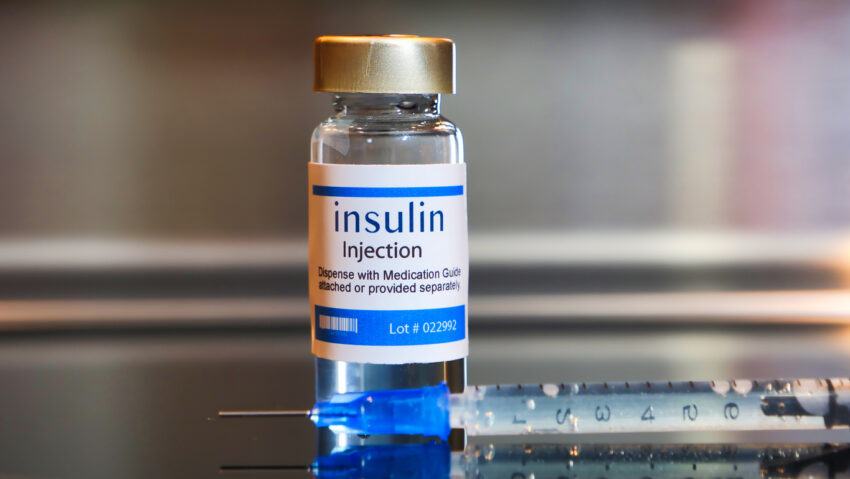
Insulin, a hormone secreted by the pancreas, plays a pivotal role in maintaining the delicate balance of glucose, the body’s primary energy source, in the bloodstream. This essential molecule acts as a key, unlocking the doors of cells, allowing glucose to enter and fuel cellular processes. However, when insulin regulation goes awry, it can lead to a cascade of health complications, making insulin regulation a crucial aspect of human health.
The Insulin Cascade
Upon consuming a meal, carbohydrates are broken down into glucose, which enters the bloodstream. This surge in glucose triggers the release of insulin from the pancreas. Insulin then binds to receptors on cells throughout the body, signaling them to absorb glucose from the bloodstream. This process ensures that glucose is readily available to fuel cellular activities.
The Role of Insulin in Glucose Homeostasis
Glucose homeostasis, the maintenance of stable blood glucose levels, is essential for optimal health. Insulin plays a central role in achieving this balance. When glucose levels rise, insulin secretion increases, facilitating glucose uptake by cells. Conversely, when glucose levels fall, insulin production decreases, preventing hypoglycemia, a dangerous condition characterized by abnormally low blood glucose levels.
Disruptions in Insulin Regulation: The Path to Diabetes
Diabetes, a chronic metabolic disorder characterized by elevated blood glucose levels, arises when insulin regulation is disrupted. In type 1 diabetes, the body’s immune system mistakenly attacks insulin-producing cells in the pancreas, leading to an insulin deficiency. In type 2 diabetes, the body becomes resistant to insulin’s effects, meaning cells fail to respond adequately to insulin’s signaling, resulting in impaired glucose uptake.
The Consequences of Unregulated Insulin
When insulin regulation goes awry, the body’s ability to utilize glucose effectively is compromised. This leads to a cascade of health complications, including:
- Chronic Hyperglycemia: Elevated blood glucose levels over time damage blood vessels, nerves, and organs, increasing the risk of heart disease, stroke, kidney failure, and blindness.
- Diabetic Neuropathy: Damage to nerves, particularly in the feet, can lead to numbness, tingling, and pain, potentially progressing to amputation.
- Retinopathy: Damage to the retina, the light-sensitive tissue at the back of the eye, can lead to vision loss or blindness.
- Diabetic Nephropathy: Kidney damage can lead to kidney failure, necessitating dialysis or kidney transplantation.
Regulating Insulin for Optimal Health
Regulating insulin levels is paramount for preventing and managing diabetes. Lifestyle modifications, such as maintaining a healthy weight, adopting a balanced diet, and engaging in regular physical activity, play a crucial role in improving insulin sensitivity and reducing the risk of diabetes.
For individuals with diabetes, insulin therapy, either injectable or through an insulin pump, is essential to supplement or replace the body’s inadequate insulin production. Additionally, blood glucose monitoring devices allow individuals to track their glucose levels and make informed dietary and lifestyle choices.
Insulin: A Key to a Healthier Life
Insulin, a molecular maestro, orchestrates the intricate balance of glucose metabolism. Its regulation is essential for maintaining optimal health and preventing the devastating complications of diabetes. By understanding the role of insulin and adopting healthy lifestyle practices, we can empower ourselves to take charge of our health and orchestrate a symphony of well-being.








